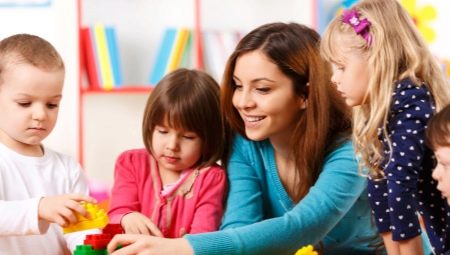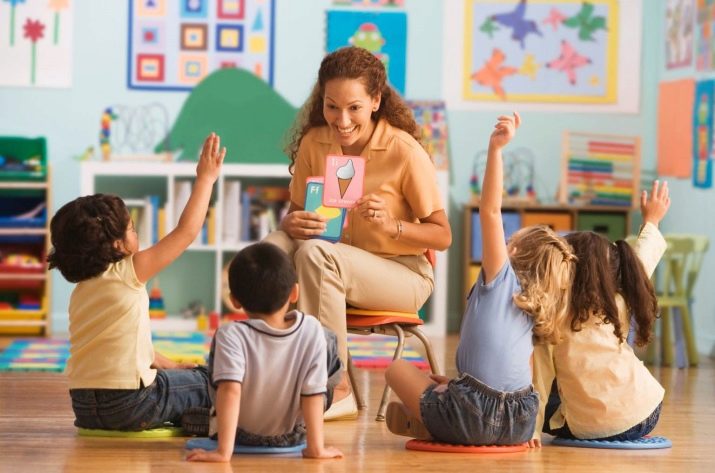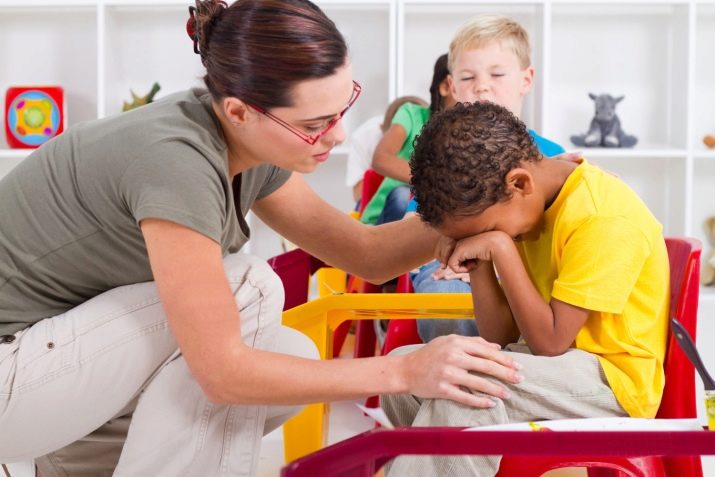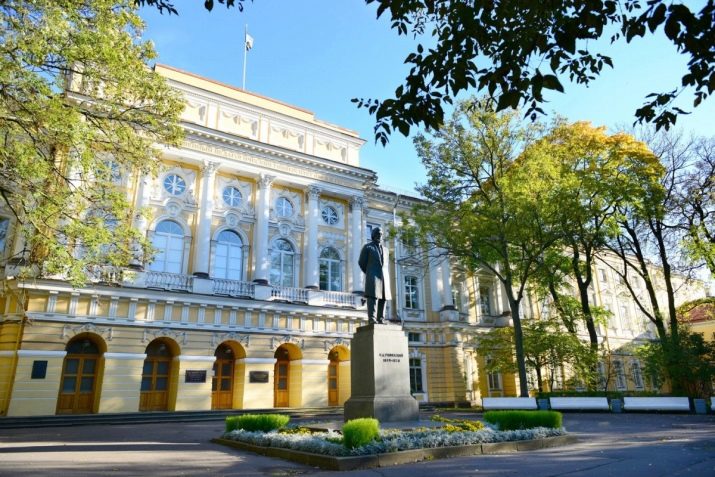Preschool teacher: description, knowledge, training

What a teacher does at school is more or less understood by everyone. But the description of the activities of a preschool teacher is much less familiar to most people.
Meanwhile, representatives of this profession necessarily need special knowledge, and their training is no less thorough than that of teachers of a school or university.
Peculiarities
The main feature of the work of a preschool teacher, which is unusual for teachers of other professions, is that it lays the foundations for the successful development of a child. It is very easy and simple to make a mistake at this point. It will be colossally difficult to correct it later, and sometimes even impossible. A number of psychological studies have made it possible to establish that the main character traits in children develop between 4 and 6 years. It is then that it is determined how a person will interact with other people.
But for all the importance of upbringing, one should not forget about the educational component of such activities. Knowledge and skills must also be instilled at this age. Interaction with each student should be built individually - which will not happen later, even in the best schools, and even more so in universities. The preschool teacher should not fight the fantasies and playful inclinations of children, as it will be later, but use them, and at the same time help to overcome them by bringing them to a logically completed form. Summarizing what has been said, you need to focus on:
- responsibility;
- increased complexity of work;
- the need to act quickly and smoothly;
- the strictest consideration of the characteristics of students.

Responsibilities
The most important component of the activity of a preschool teacher is the constant monitoring of pupils. Care must be taken to ensure that they do not end up in a dangerous situation. It can occur anywhere - in the bedroom and corridor, in the dining room and in the classroom, but the risk is especially great when walking and when playing in the open area. Given the special susceptibility of babies' bodies to infections, teachers working with preschoolers are obliged to undergo a medical examination twice a year. At the same time, they themselves must be able to assess the state of health of the pupils, and at the first trouble, take the necessary measures.
Preschool educators, together with kindergarten nurses and other health workers, take care of improving the health of the children, instill in them hygiene skills. Particular attention must be paid to weakened children, to those who have only recently recovered from an injury or illness. In some cases, it is necessary not only to develop babies, but also to engage in pedagogical and psychological correction.
In addition, the kindergarten conducts its work in an orderly and systematic manner. All activities of teachers should be built according to a clear verified plan. This is expressed, of course, also in the precise implementation of the schedule of classes, the regime of the training groups.
But it is impossible to reduce all activity only to the fulfillment of prescriptions. A good preschool teacher constantly monitors the interests of children and assesses their abilities. This should be done both in the adaptation of those who have just joined the study group, and in its daily management, and, of course, in the preparation of accompanying documents for kindergarten graduates.


The teacher's duties also include:
- preparation of leisure activities;
- holding holidays with the participation of children;
- replacement of other teachers during their absence;
- preparation of the necessary documentation;
- fulfillment of feasible instructions and instructions of managers, senior educators, medical workers;
- participation in pedagogical councils;
- careful handling of the property of the organization;
- maintaining cleanliness and order in the group, and, if possible, throughout the entire territory.
Knowledge and skills
The general knowledge category for any kindergarten teacher includes the labor code and laws governing educational activities. It is also necessary to study the acts regulating the rights of children. The pedagogical experience of the educator can be different (and must be taken into account when working). But even beginners should:
- know how to control pupils;
- take into account their age and physiological characteristics;
- strictly follow the principles of pedagogical ethics;
- be able to understand the causes of conflicts and eliminate them;
- own up-to-date pedagogical approaches;
- master the basic methods of communication with other teachers, their children, their parents and other people;
- be able to fill the free time of the educated;
- monitor fire and sanitary safety;
- know the principles of internal regulations in the organization.

Education
Before choosing an educational program, it is necessary to clearly determine what the future teacher actually plans to do. Direct work in a child group is very different from the preparation of curricula and from the management of a kindergarten in general. Teaching standards for regular and senior caregivers also differ. Some kindergartens will willingly hire college and technical school graduates. Indeed, in these educational institutions for 3-3.5 years they master a detailed program with a practical bias.
There are secondary specialized educational institutions with the necessary program in at least any large regional city. But for graduates of the school it makes sense to unlearn 4 or 5 years in a higher educational institution. Any education department always insists that kindergartens accept as many graduates as possible.In the process of learning, they will master in depth precisely the methods of working with preschoolers. It makes sense to look for appropriate training programs in pedagogical institutes and universities. It is somewhat easier for those who already have a pedagogical or related specialty - they can always take advantage of the retraining regime, which takes from 3 months to 1 year.
Special education in this format is available to everyone who has a university degree (even in a completely different specialization). There will be no exams, you just have to pay for the training course. Important: people far from pedagogy will have to study at least 1000 hours. Their educational document must state that the graduates have been awarded the qualifications of an educator. The necessary retraining is offered by pedagogical universities throughout Russia.

Career
Kindergarten staff have career prospects. but in material terms, this is not accompanied by corresponding changes... Many, having gone from an ordinary educator to a senior educator and further to a manager, leave for other areas. Someone goes to the department of education, someone prefers to pursue a career in a private kindergarten.
True, then you will have to master alternative teaching methods; that's why some people are trying to open their own kindergartens.








